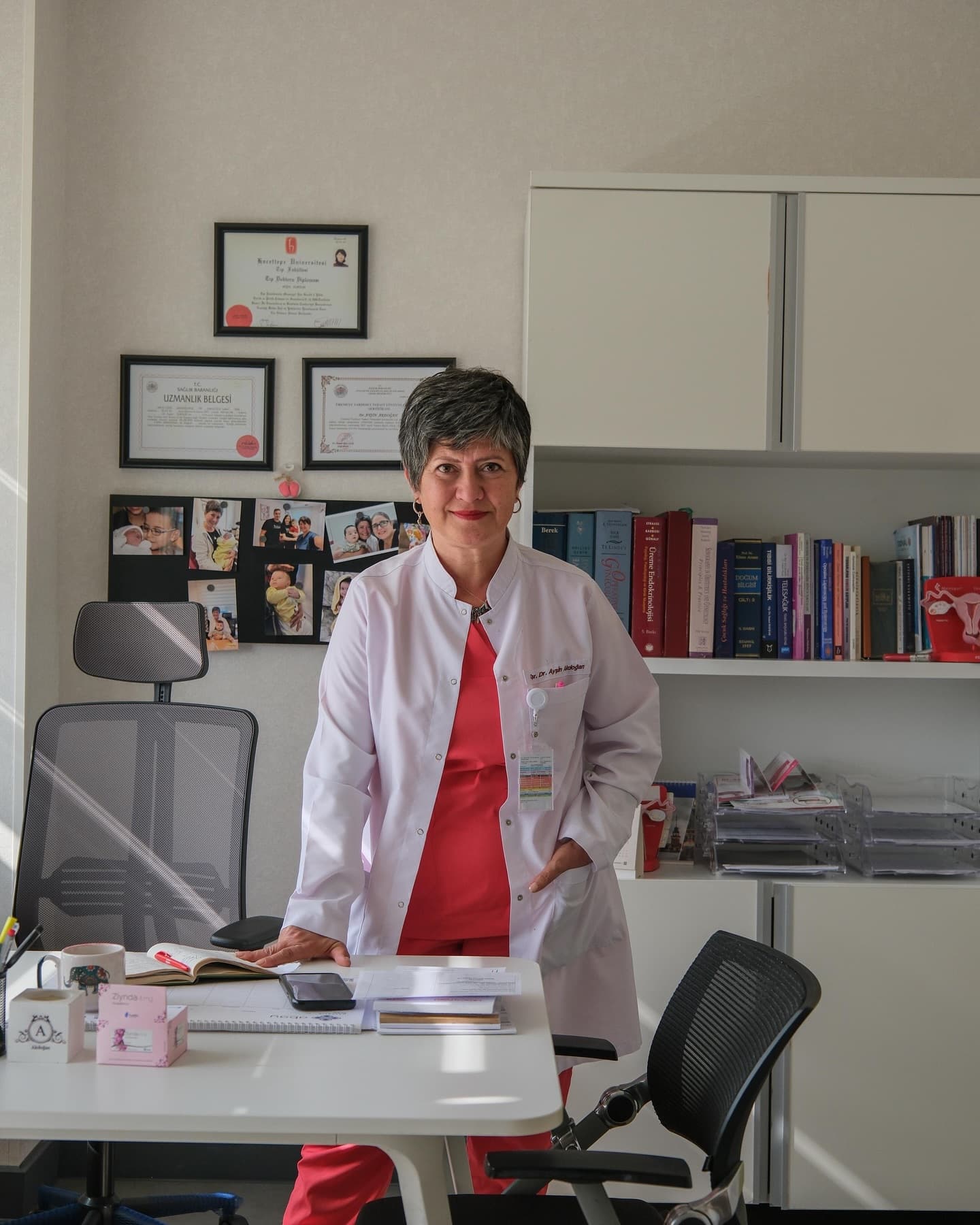
IVF
What is IVF and Who is it Suitable For?
While the term "IVF" is widely known, the specifics of what the process involves, how it works, and who it can help can often be unclear. For couples exploring their options, understanding the fundamentals of In Vitro Fertilization is the first step on a journey that has brought hope to millions. This guide aims to explain IVF in its most basic, understandable terms.
What is IVF (In Vitro Fertilization)?
In its simplest definition, IVF is the process of fertilizing an egg with sperm "outside the body" in a laboratory setting. In a natural pregnancy, fertilization occurs inside a woman's fallopian tubes. In IVF, this crucial meeting is facilitated by an embryologist under ideal laboratory conditions. The resulting embryo is then allowed to grow for a few days before being transferred back into the mother's uterus.
How is IVF Done Step-by-Step?
Although the process is medically sophisticated, it can be understood in four main stages:
- Ovarian Stimulation: In a normal menstrual cycle, one egg typically matures. In this stage, hormone medications (injections) are used to stimulate the ovaries to mature multiple eggs at once.
- Egg and Sperm Collection: The mature eggs are retrieved in a short, painless procedure called OPU (Oocyte Pick-Up). On the same day, a sperm sample is collected from the male partner.
- Fertilization in the Laboratory: The collected eggs and the highest quality sperm are combined using a technique called microinjection (ICSI), where a single sperm is injected directly into each egg to facilitate fertilization.
- Embryo Transfer: The resulting embryos are monitored for 3 to 5 days. The embryologist then selects the best quality embryo, which is transferred into the mother's uterus in a simple, painless procedure.
Who is IVF Treatment Suitable For?
IVF may not be the first option for every couple, but in certain situations, it is the most effective—and sometimes the only—solution. IVF is most commonly recommended for:
- Women with Blocked Fallopian Tubes: When there is damage or blockage that prevents the sperm from reaching the egg.
- Advanced Maternal Age or Decreased Ovarian Reserve: For women over 35, or those with a lower egg count, where natural conception is less likely.
- Severe Male Factor Infertility: When the sperm count, motility, or morphology is very low, or in cases of zero sperm count (azoospermia).
- Endometriosis (Chocolate Cysts): In advanced cases where other treatments have not been successful.
- Unexplained Infertility: For couples who have not conceived after a year (or six months for women over 35) with no identifiable cause.
- Couples with Genetic Disease Risks: IVF is used with Preimplantation Genetic Diagnosis (PGT) to test embryos and prevent passing on a known genetic condition.
The best way to know if IVF is the right option for you is to consult with an infertility specialist. You can contact our clinic to evaluate your situation and create a personalized roadmap.
Frequently Asked Questions
No. Surgical steps like the egg retrieval procedure are painless as they are performed under light anesthesia. Although mild discomfort may be felt during the injection treatment, the process is generally well-tolerated by patients.
An IVF cycle, from the start of the preparation and ovarian stimulation process to the embryo transfer, takes about 2-3 weeks. A pregnancy test is done 12 days after the transfer.
The first and most important step is to consult an infertility specialist for a detailed examination and evaluation. This consultation is necessary to understand the cause of the problem and to draw the most appropriate treatment path for you.
